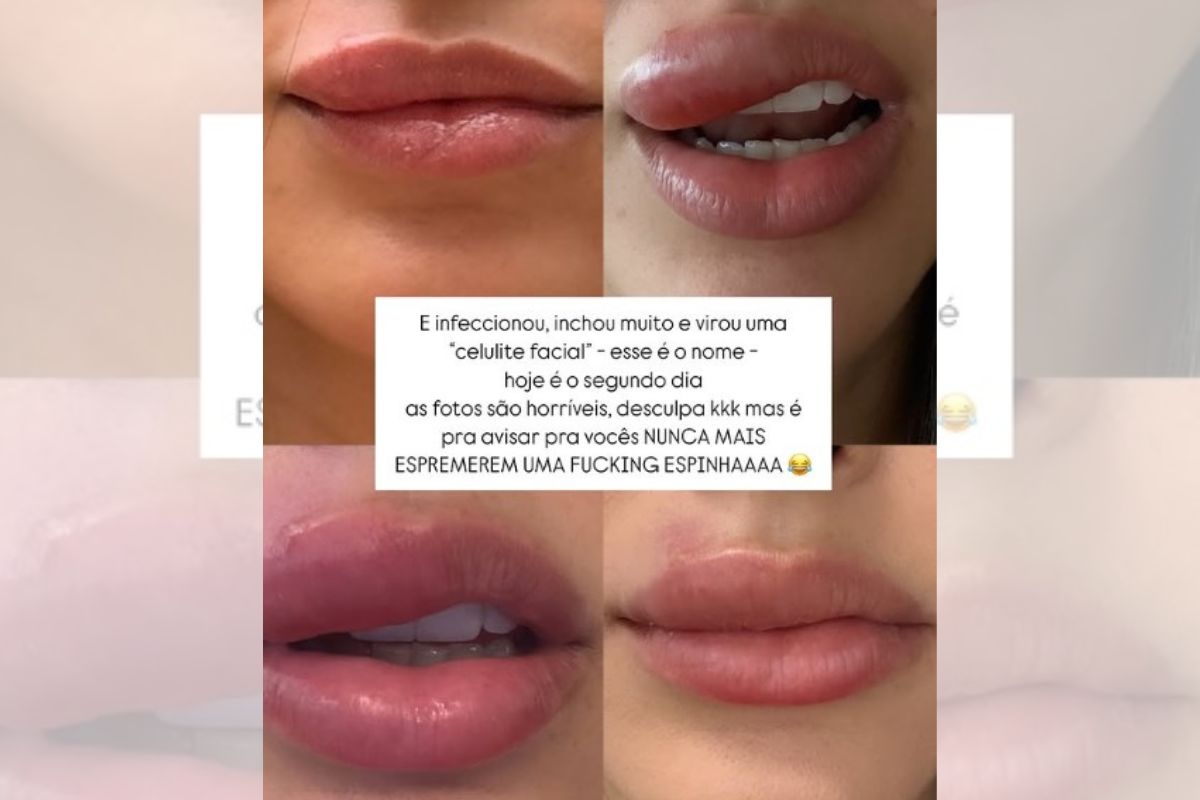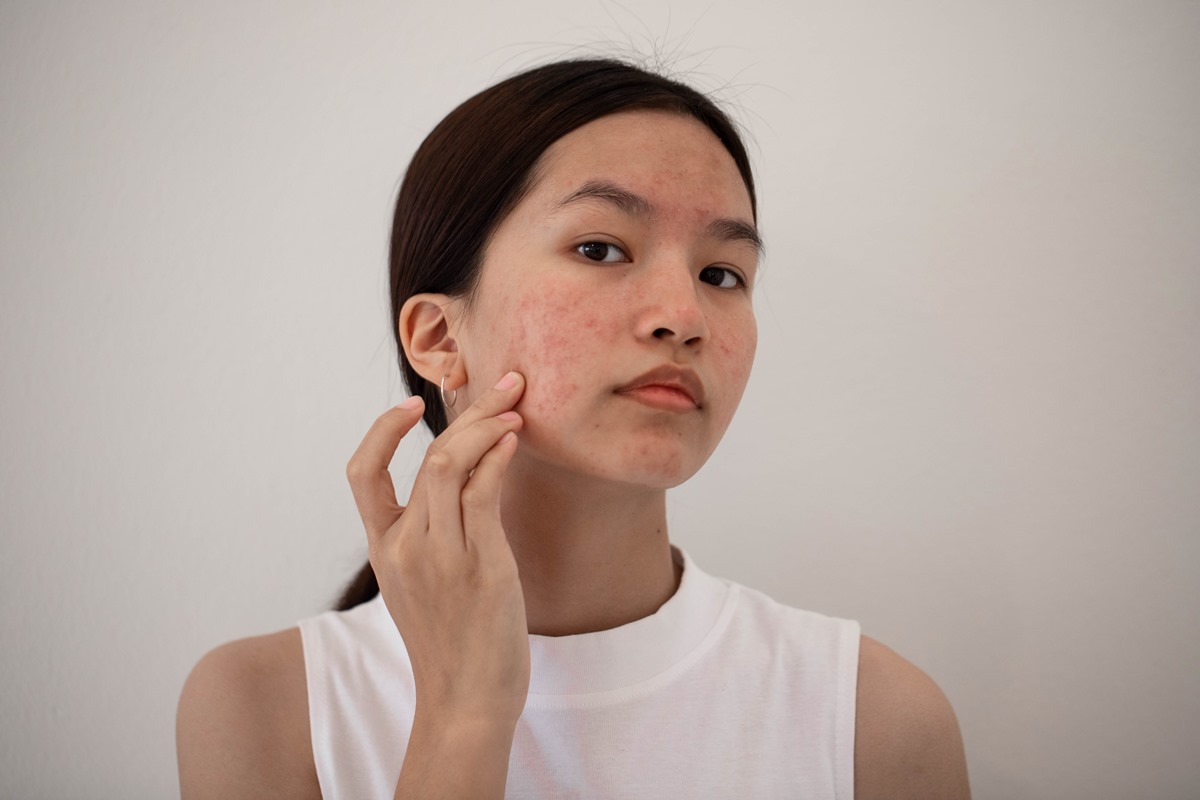What is facial cellulitis, a serious infection revealed by Bruna Biancardi

Bruna Biancardi drew attention on social media after revealing that she suffered a serious infection after popping a pimple . What seemed like a minor problem turned out to be a condition called facial cellulitis, a bacterial infection that affects the deeper layers of the skin and requires immediate medical attention.
"It all started with a simple pimple that I wanted to squeeze . It got really infected and turned into facial cellulitis," said the wife of soccer player Neymar Jr. , showing her swollen face and leaving a warning to her followers.
Dermatologist Cristina Salaro explains that, despite its similar name to common cellulitis (the kind that affects the legs and buttocks), facial cellulitis is a completely different problem: "It's a serious skin infection. It occurs when bacteria, mainly Staphylococcus aureus or Streptococcus, penetrate the skin through an injury, such as popping a pimple," she says.
According to Cristina, when you handle acne with your hands, the skin's protective barrier is broken , making it easier for these microorganisms to enter. "On the face, which is a highly vascular area, the infection can spread quickly," she warns.

Symptoms include pain, redness, heat, and swelling in the affected area. But the problem can go further. "Facial cellulitis can develop into abscesses and even affect deeper structures, such as the eyes and central nervous system ," explains the specialist.
Bruna's case occurred in the lip region, within the so-called "facial danger zone," known as the "danger triangle" or "triangle of death," which runs from the corners of the mouth to the top of the nose. According to the dermatologist, this area is especially sensitive because it contains veins that connect directly to the brain. "Therefore, any infection there needs to be treated urgently," she emphasizes.
Treatment and preventionTreatment for facial cellulitis, according to the doctor, includes oral antibiotics or, in more severe cases, intravenous antibiotics. Warm compresses and local treatments may also be recommended, but Cristina warns: "Nothing replaces a medical evaluation. Never treat this type of infection at home."

As a preventative measure, the dermatologist advises that pimples should never be squeezed . "There are effective topical products, such as salicylic acid patches, that can be used without damaging the skin," she advises. And most importantly, seek dermatological advice to treat acne safely.
metropoles





